Martians. With this unconventional title and well-timed symbolism, the exhibition opening connects the greatness of Hungarian scientists with that of Saint Stephen of Hungary, our state-founding king. To all of them we owe not only the existence of the Hungarian state, but — as the careers of many of our Nobel Prize-winners forced abroad illustrate — the success of a Hungarian nation that knows no borders or obstacles.
Among our national greats, most thankfully worked, researched or fought for Hungary here at home. Yet for many, emigration became their only path — typically during times when an empire tried to absorb us. But proportionally, the greater the pressure, the greater the scientific achievements of our people — and fortunately, the empire-builders’ success was far smaller than the contribution of our scientists.
And what doesn’t kill us makes us stronger.
One of our Nobel laureates, Imre Kertesz, was right when he said that the Hungarian people gained “immeasurable knowledge through immeasurable suffering.” And we can only imagine how much greater scientific and political success might have been ours had Hungary’s history been defined not by suffering, but by peace and security.
It is precisely because our past is marked by heroes — often wartime heroes or scientists fleeing wars — that we truly value a life without war. And today, once again, we long for peace and security, knowing that in this, our American friends stand with us.
The same truth was already understood by King Stephen, and later by great statesmen from Louis the Great to Stephen Szechenyi to Istvan Bethlen: to “inspire, create, and enrich, so that the homeland may shine in glory,” requires not only peace and security, but also a balance of faith and wisdom, faith and knowledge, faith and reason.
The exhibition we open today — a traveling showcase of Hungary's scientific giants — is rooted in this truth. On the eve of the celebration of Christian Hungarian statehood, it reminds the world that for over a thousand years a small nation, speaking a language that to foreign ears might well sound Martian, has produced a stunning number of Nobel Prize laureates. That is itself a miracle — and yet a fact. But when the balance between faith and science breaks down — usually to the detriment of faith — both suffer, and tragedy follows.
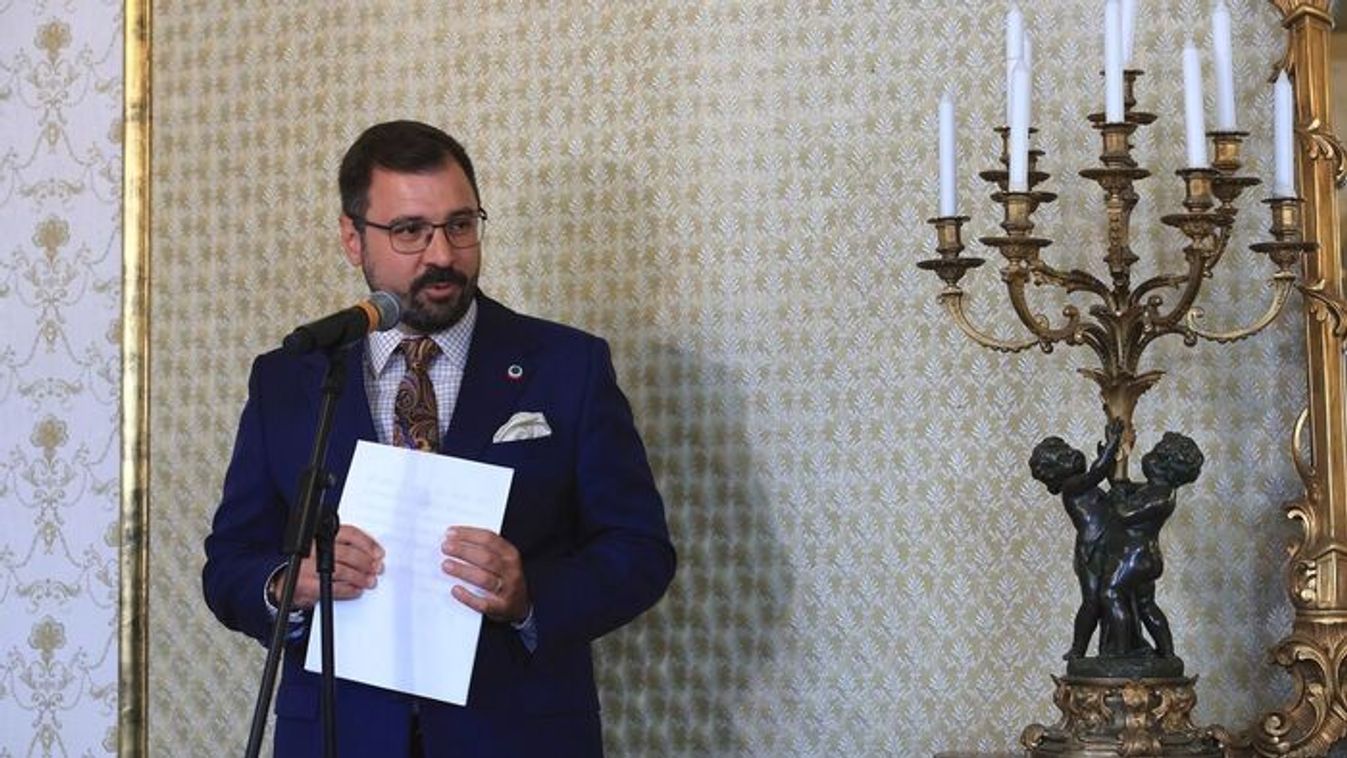

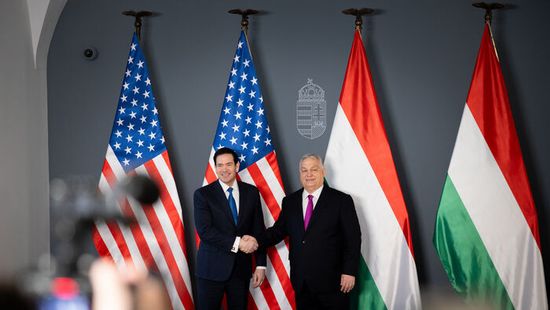
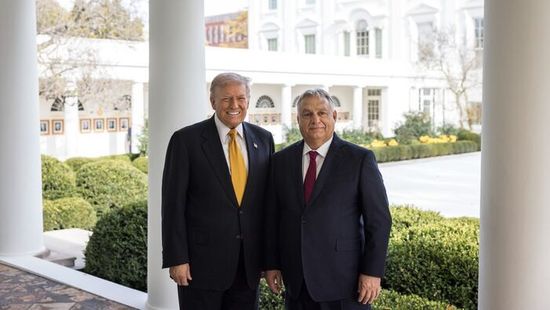
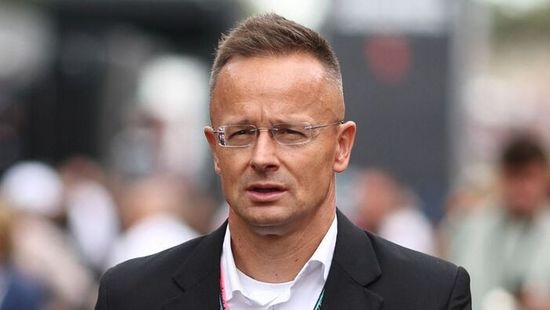


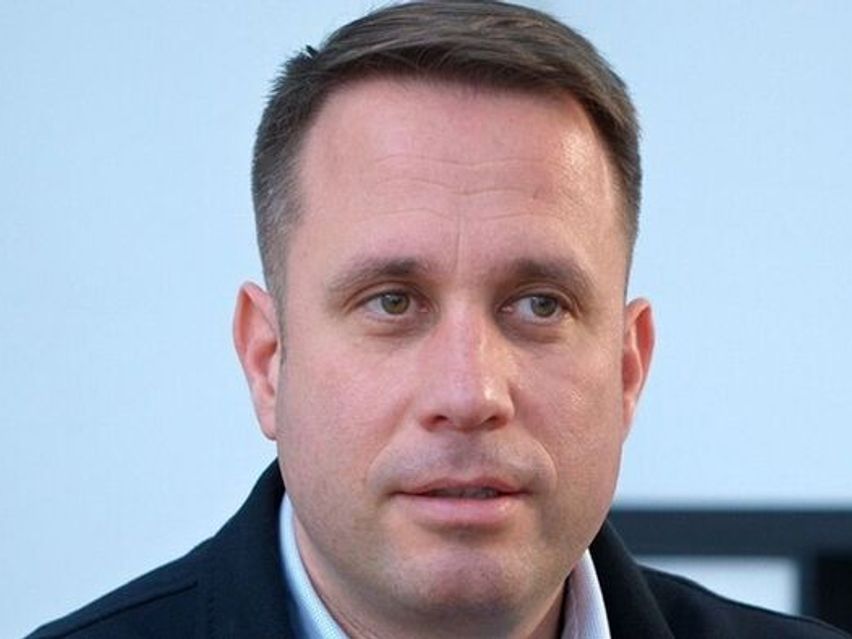

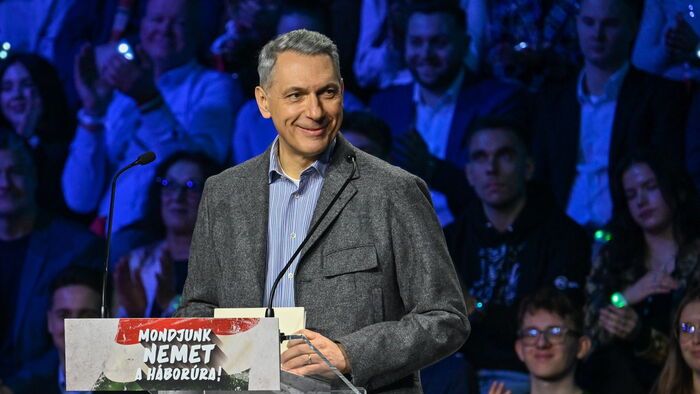

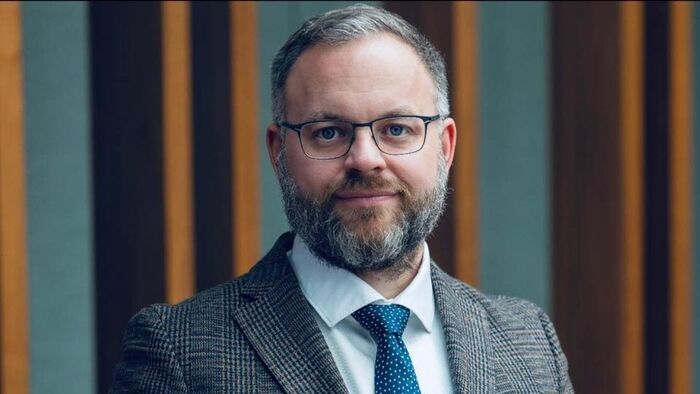


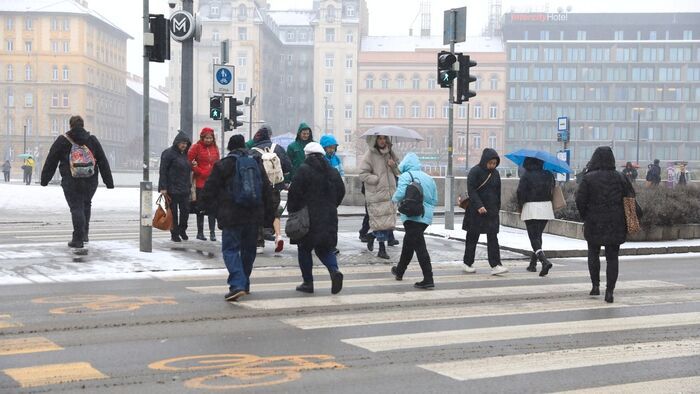

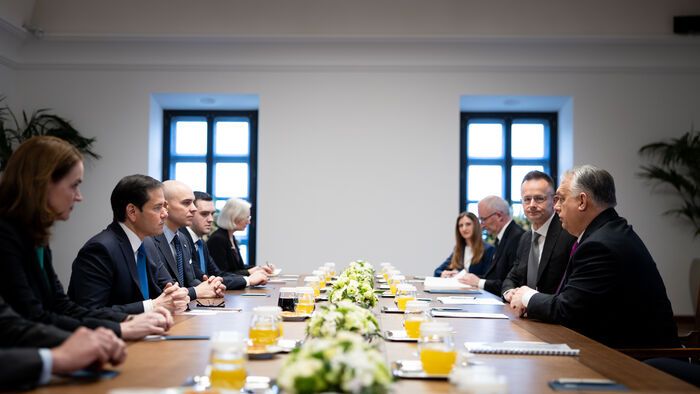


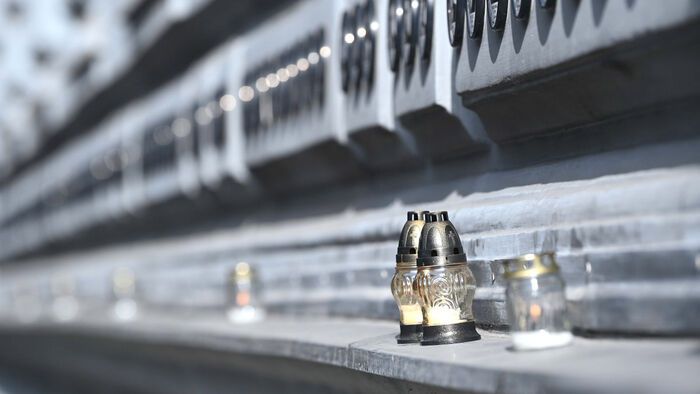

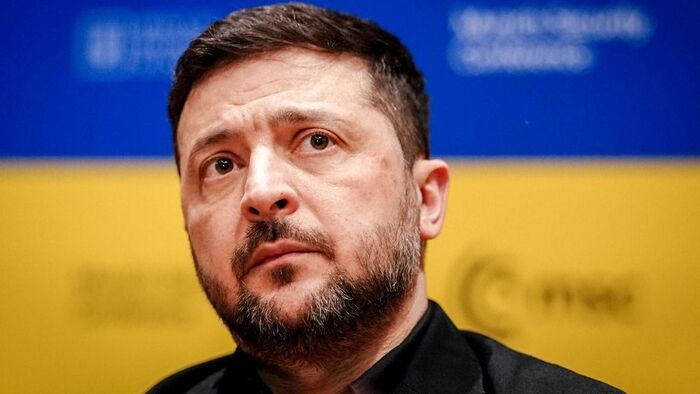

Szóljon hozzá!
Jelenleg csak a hozzászólások egy kis részét látja. Hozzászóláshoz és a további kommentek megtekintéséhez lépjen be, vagy regisztráljon!